detail profile andrei popov
Peran Yang Di Mainkan Andrei Popov
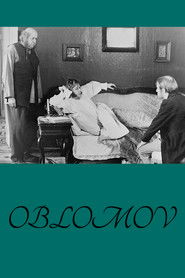 St Petersburg mid 19th century the...
St Petersburg mid 19th century the...Oblomov 1980
St. Petersburg, mid 19th century: the indolent, middle-aged Oblomov lives in a flat with his older servant, Zakhar. He sleeps much of the day, dreaming of his childhood on his parents' estate. His boyhood companion, Stoltz, now an energetic and successful businessman, adds Oblomov to his circle whenever he's in the city, and Oblomov's life changes when Stoltz introduces him to Olga, lovely and cultured. When Stoltz leaves for several months, Oblomov takes a country house near Olga's, and she determines to change him: to turn him into a man of society, action, and culture. Soon, Olga and Oblomov are in love; but where, in the triangle, does that leave Stoltz?
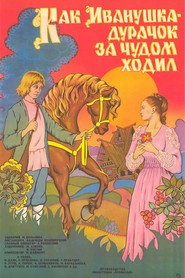 A story about Ivanushka the Fool...
A story about Ivanushka the Fool...How Ivanushka the Fool Travelled in Search of Wonder 1977
A story about Ivanushka the Fool based on classic Russian fairytales.
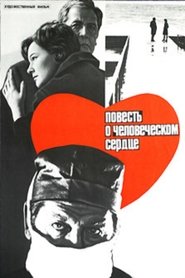 Making another operation Professor Krymov did...
Making another operation Professor Krymov did...Story of a Human Heart 1976
Making another operation, Professor Krymov did not even guess what place this patient would occupy in his life. After some time, they will meet by chance in Yalta and realize that they are very necessary to each other. Only their attitude to love is completely different ...
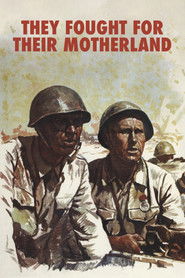 In July 1942 in the Second World...
In July 1942 in the Second World...They Fought for Their Motherland 1975
In July 1942, in the Second World War, the rearguard of the Russian army protects the bridgehead of the Don River against the German army while the retreating Russian troops cross the bridge. While they move back to the Russian territory through the countryside, the soldiers show their companionship, sentiments, fears and heroism to defend their motherland.
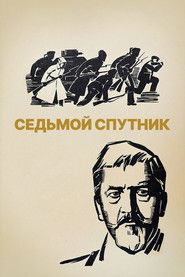 A portrait of the era of...
A portrait of the era of...The Seventh Companion 1967
A portrait of the era of "Red Terror" during the civil war that followed the Bolshevik revolution, The Seventh Companion offers a character study in General Adamov (Andrei Popov), a law professor in the tsarist army, who is incarcerated by the Bolshevik secret police along with many other members of the bourgeoisie. Finally released into the new world of the Soviet Union, the resigned officer finds that he has lost everything from his old life except a mantel clock that he carries through the night from place to place, until he ends up back where he started.
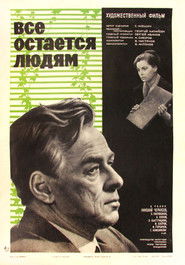 Renowned scientist Dronov works in Novosibirsk...
Renowned scientist Dronov works in Novosibirsk...All Remains to People 1963
Renowned scientist Dronov works in Novosibirsk on the creation of ultra-modern engine. He has a bad heart, he was afraid not to have time to finish the job, and test engine at a factory in Moscow, unfortunately, is not the first time passes unsuccessfully. Dronov abandons the rest of the work, even the leadership of the Institute entrusts to his disciple Morozov.
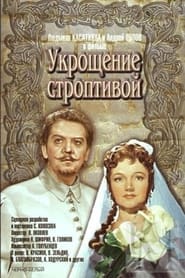 Classic adaptation of the even more...
Classic adaptation of the even more...The Taming of the Shrew 1961
Classic adaptation of the even more classic play by William Shakespeare.
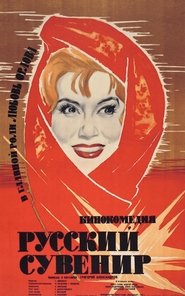 The end of the 1950s The...
The end of the 1950s The...Russkiy Suvenir 1960
The end of the 1950s. The Chinese passenger plane, following the Beijing-Moscow flight, enters a thunderstorm and makes an emergency landing in the Baikal region. In addition to the Soviet citizen Varvara Komarova, all other passengers are foreigners. Using a stop, they explore new cities and get acquainted with the life, work and rest of Soviet people.
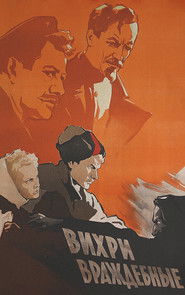 About the first years of the...
About the first years of the...Hostile Whirlwinds 1956
About the first years of the formation of Soviet power, about the life and work of Feliks Dzerzhinsky in 1918-1925. The film covers the most important episodes of his biography. In July 1918, as a result of a revolt of the Left Socialist Revolutionaries, the German ambassador Mirbach was killed. Feliks Dzerzhinsky alone goes to the headquarters of the Left Socialist Revolutionaries and Anarchists, he manages to persuade ordinary soldiers and sailors, participants in the rebellion, who are now cracking down on their leaders. In 1921, Dzerzhinsky was aimed at combating homelessness, as a result of which, by 1925, former homeless children, having completed their studies, were sent to the construction of Yugostal, the largest industrial plant in Ukraine.
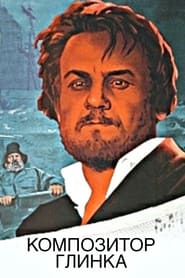 The young composer Mikhail Glinka performs...
The young composer Mikhail Glinka performs...Man of Music 1952
The young composer Mikhail Glinka performs his new work at a soiree at earl Vielgorsky's house. However, the public is accustomed to Western music, and reacts coldly to the creation of the composer. This makes him very sad, but soon he decides to go learn the art of music in Italy. After returning from Italy, he is full of desire to write national Russian opera. Vasily Zhukovsky proposes a subject: a feat of Ivan Susanin. Tsar Nicholas I change the name of the opera to A Life for the Tsar and assigns a librettist - Baron Rosen. Acquaintance with the future co-author shocked Glinka: Rosen speaks Russian with a noticeable German accent. The premiere was successful, but Glinka was still not entirely happy with the libretto: "False words were written by Rosen". When Nicholas I learned that Ruslan and Lyudmila was written on Pushkin's subject, he sees it as sedition. The bitter experience of the composer brighten his supporters.
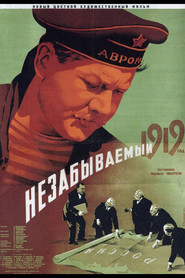 Soviet propaganda film in two episodes...
Soviet propaganda film in two episodes...The Unforgettable Year 1919 1951
Soviet propaganda film in two episodes about Stalin's strong and cruel suppression of the 1919 anti-communist uprising in St. Petersburg, Russia. Stalin and Lenin are shown as heroes who destroyed the efforts of anti-communists led by White Russians with support from "bad" British capitalists headed by Sir Winston Churchill and Lloyd George.
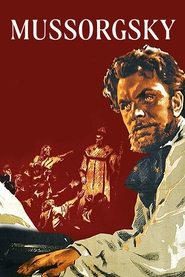 Saint Petersburg 1858 A group of composers...
Saint Petersburg 1858 A group of composers...Mussorgsky 1950
Saint Petersburg, 1858. A group of composers known as The Five meet at Balakirev's. Young Modest Mussorgsky, both a civil servant and a musician, has become a fixture there. He tells about the first opera he plans to compose. Then he goes to the country where he discovers the lowly conditions of the peasants and the bloody conflicts with the rich land owners. He works on Gogol's 'The Marriage', trying to render into music the natural accents of the play's naturalistic dialogue. But his efforts do not pan out. On the other hand, he starts writing his opera on the story of Boris Godunov. The Marinsky Theatre refuses to stage the work. The Five, and Mussorgsky among them, are libeled and the group starts disintegrating. When 'Boris Godunov' is finally performed in 1874, it is a popular success.
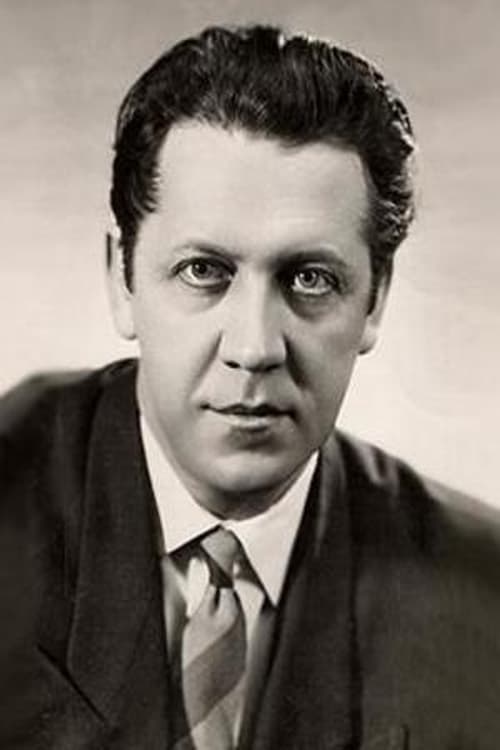
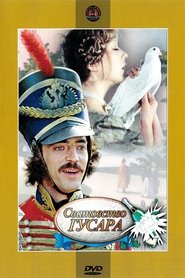 Ardently falling in love with the...
Ardently falling in love with the...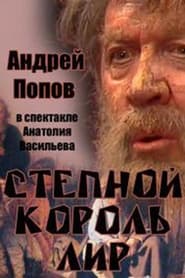 Based on Turgenevs novel
Based on Turgenevs novel Five sad and funny romantic stories...
Five sad and funny romantic stories...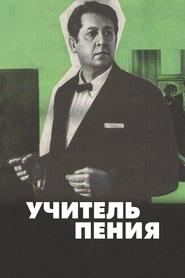 A music teacher is trying to...
A music teacher is trying to... About Russian space program and missile...
About Russian space program and missile...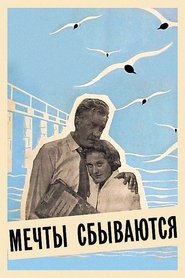
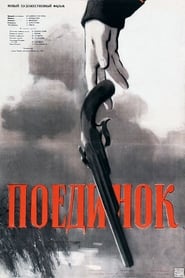 Love story filmed in Russia
Love story filmed in Russia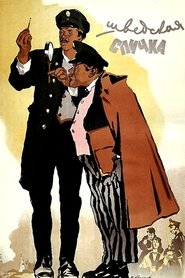 A man of big status disappears...
A man of big status disappears...